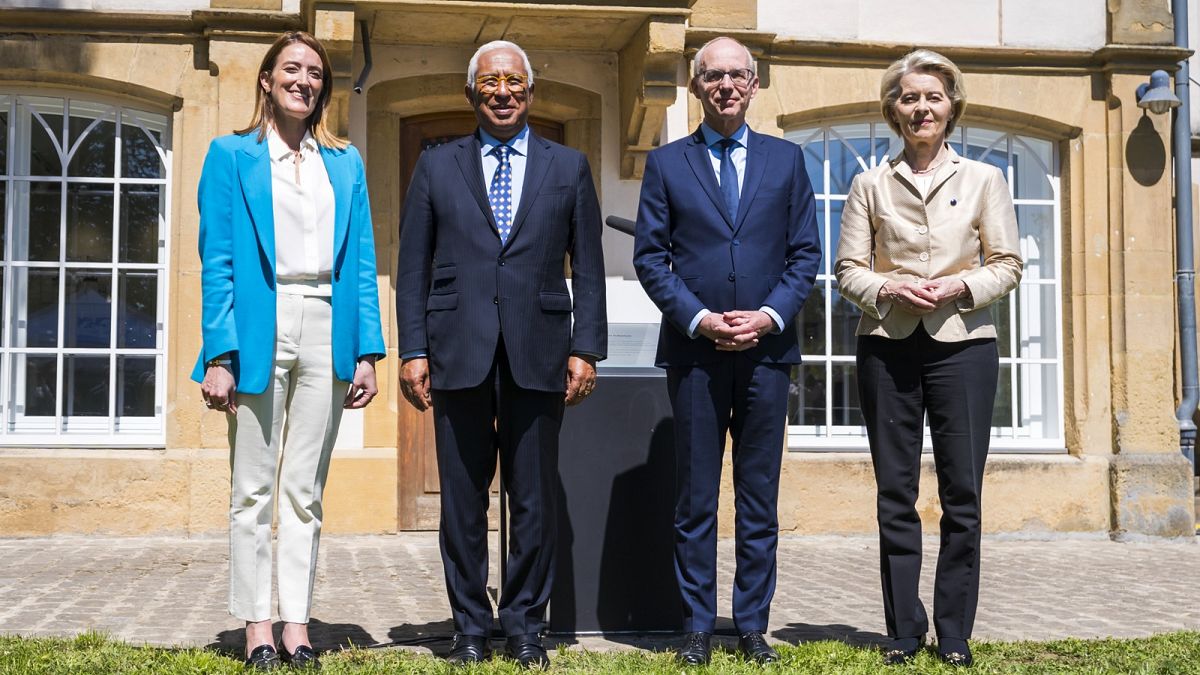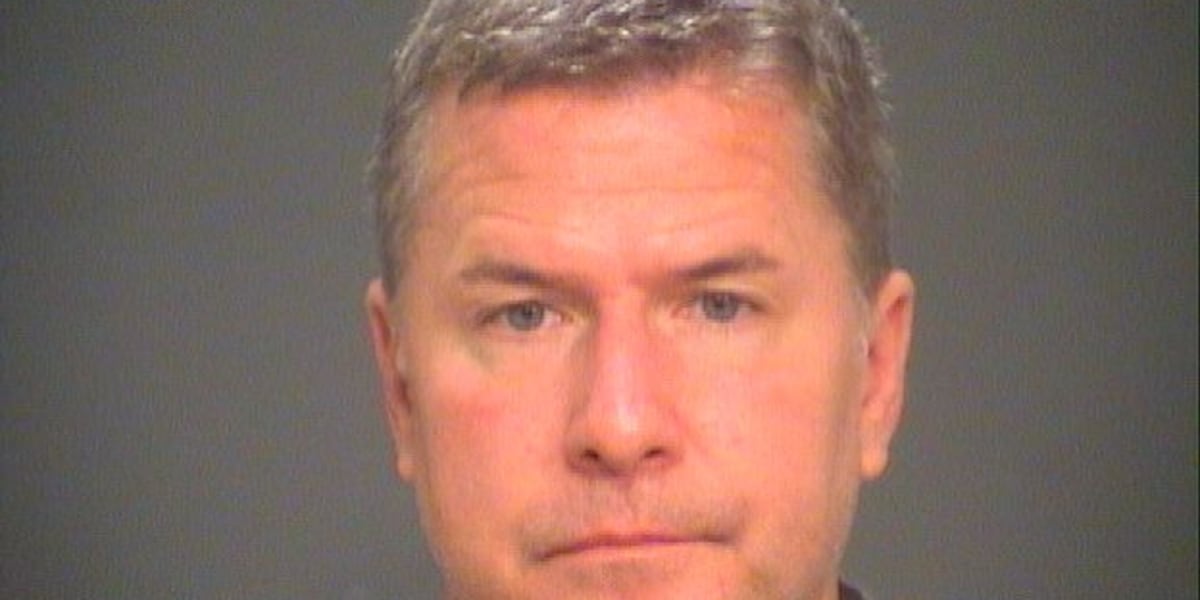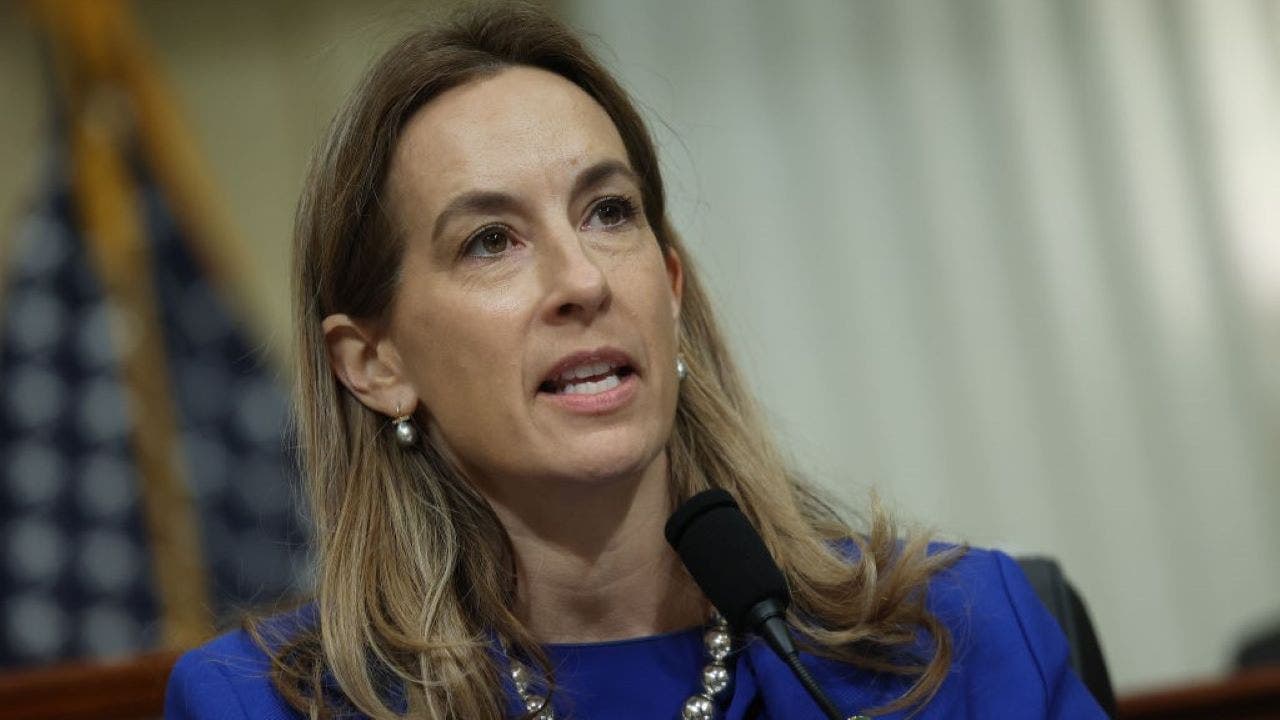For some, headlines such as “How this successful CEO starts their morning” offer hope. What if it took only a few tweaks to one’s daily schedule to achieve power, riches and smugness? For others this corner of the internet offers a warning. The price of success seems to be a 4am wake time followed by a glug of a celery smoothie while pumping weights. If that is what it takes to “win the day”, I’ll accept the loss.
What might an economist’s morning routine look like? I am not suggesting that their fresh-faced glow is something to aspire to. (I have attended enough economics conferences to confirm that this is not the median look.) I am suggesting that they think carefully about data, as well as optimisation under constraints.
So imagine an economist staring at their computer, trying to map out the best possible start to the day. First, they must work out what exactly they are optimising for. “Utility” is broad enough to capture most things, including the possibility of divorce if the optimal routine mysteriously lacks any childcare responsibilities. But it can be difficult to measure, so they pick productivity instead.
Next, they must decide whose preferences will be taken into account. The economist Emily Oster offers work sheets to help families hash out their mission statement and hourly schedule. But that all sounds a bit . . . collaborative. For simplicity, models often assume that households behave like a single individual, and this economist decides to model their household’s preferences as their own. Easy.
Then comes the scheduling. A glance at survey data reveals that the average American wakes between 6am and 7am. Sounds reasonable. But on average, people with a college education sleep less than those with at most a high-school degree. Maybe higher earners are responding to stronger incentives to stay awake. Or perhaps joining their ranks means waking up early to get ahead.

Pinning down causality is tough, but not impossible. Several studies draw on the fact that people tend to sleep a bit less when sunset is later. By comparing people who experience sunsets at different times thanks to their location, they can identify the effects of sleep on productivity.
One study found that in America an extra hour of sleep a week raised average earnings by 5 per cent, which the authors said was about as much as half an extra year of education. Another found that in Germany half an hour more sleep each week was associated with around 2 per cent higher earnings among full-time workers, with the largest effects for mothers. The economist gratefully deletes the “3am wake up” entry in their timetable.
Admittedly, these effects are averages across location, and not guaranteed individual returns. Perhaps the economist could assume that they are the representative agent, and that everyone else will join their newfound habits. They impulsively type in “6.30am wake up”, and move on to the next row.
The next task is to decide on optimal exercise. The economist decides to skip the agonising about causality; regular exercise is correlated with higher earnings, but then again, personal trainers don’t come cheap. Simpler to embrace the signalling element of the optimal morning routine, and simply pick whatever sport is most closely associated with being rich. Tennis and golf look good on this measure, but at 6am partners are hard to come by. Running it is.
Washing and grooming come next. (Please.) According to the American Time Use Survey in 2023, in women those with more education tend to spend more time on grooming, whereas for men the relationship is less obvious. By this point the economist has completely given up on strong evidence of causality, and simply writes “7.15am wash and other grooming in line with social norms”.
Then there is breakfast. The economist ambitiously writes down some options (conference-provided granola bar with juice; conference-provided cereal with long-life milk; conference-provided muffin with black coffee) but fails to find any randomised control trials to identify the best one. There is evidence that school breakfast programmes improve children’s outcomes, leading to the plain entry “have breakfast”. Next is the commute, and the work day begins.
The day after the economist formulates this grand plan, they sleep through their alarm and are woken by an unimpressed spouse reminding them that it is their turn to get the children ready for school. There is time for a shower but not breakfast. Revealed preferences suggest this is the utility maximising approach.
soumaya.keynes@ft.com
Follow Soumaya Keynes with myFT and on X
The Economics Show with Soumaya Keynes is a new podcast from the FT bringing listeners a deeper understanding of the most complex global economic issues in easy-to-digest weekly episodes. Listen to new episodes every Monday on Apple, Spotify, Pocket Casts or wherever you get your podcasts





























